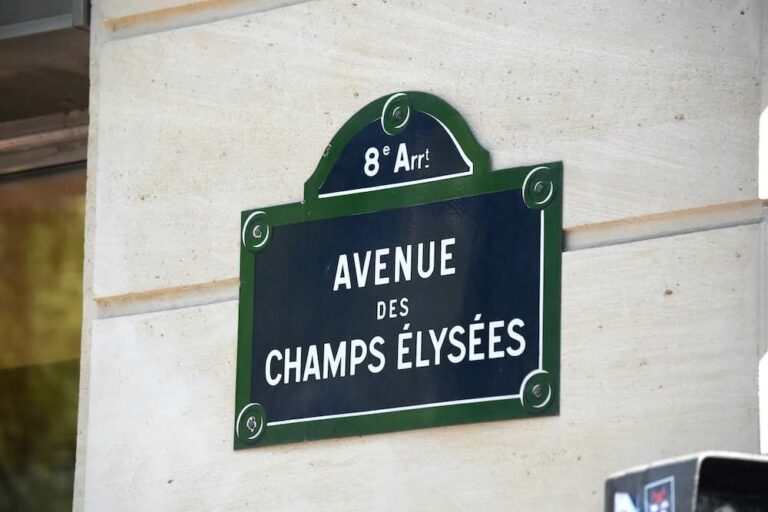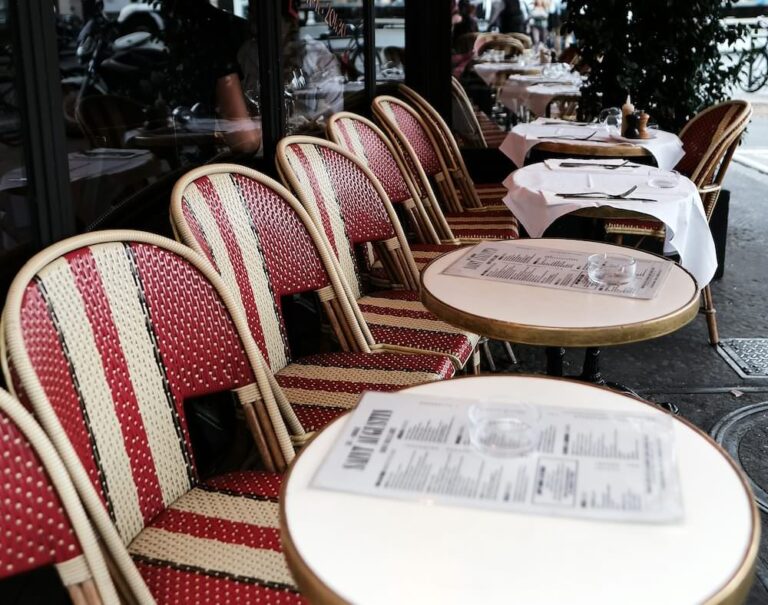slang phrases
If you’ve ever listened to French people chatting informally, you’ll know that much of what they say doesn’t appear in textbooks. Here’s a practical list of French slang expressions you’re likely to hear — all with phonetic pronunciation and clear English meanings.
🗣️ Table of French Slang Expressions
| French Expression | Pronunciation (approx.) | Meaning in English |
|---|---|---|
| À chier | AH SHEE AY | Lame, rubbish |
| À fond | AH FOn | Totally, at full speed |
| À la bourre | AH LAH BOOR | Running late |
| À l’ouest | AH LOO EST | Out of it, spaced out |
| Arrête de flipper | AH RET DEr FLEE PAY | Stop freaking out |
| Arrête de te la péter | AH RET DEr TEr LA PAY TAY | Stop showing off |
| Avoir la dalle | AH VWAHR LAH DAHL | To be starving |
| Avoir la flemme | AH VWAHR LAH FLEM | To be lazy |
| Avoir le seum | AH VWAHR LAH SERM | To be angry or “pissed” |
| Avoir un coup de barre | AH VWAHR Un KOO DEr BAR | To feel suddenly tired |
| Avoir un coup de foudre | AH VWAHR Un KOO DEr FOODR | Love at first sight |
| Avoir un creux | AH VWAHR Un KREr | To be hungry |
| Balance | BAH LOnSS | To snitch or betray someone |
| Barre-toi ! | BAR TWAH! | Get lost! |
| BCBG | BAY SAY BAY JAY | Posh, chic (bon chic, bon genre) |
| Beau gosse | BOH GOSS | Handsome guy |
| Bobo | BOH BOH | Trendy middle-class person |
| Bon app’ | BON APP | Enjoy your meal |
| Boire un coup | BWAHR Un KOO | To have a drink |
| Bordel ! | BOR DELL | Damn! / What a mess! |
| Bouffer | BOO FAY | To eat |
| Casser la croûte | KAH SAY LAH KROOT | To eat (to break the crust) |
| C’est bof | SAY BOFF | It’s terrible / meh |
| C’est clair | SAY CLAIR | You don’t say / totally |
| C’est chaud | SAY SHOH | That’s tough / risky |
| C’est cool | SAY COOL | It’s nice / fine |
| C’est craignos | SAY KRAY NYOS | It sucks |
| C’est dans la poche | SAY DOn LAH POSH | A done deal |
| C’est dégueu | SAY DAY GEr | It’s disgusting |
| C’est galère | SAY GAH LAIR | It’s a pain / hassle |
| C’est naze | SAY NAHZ | It sucks, it’s boring |
| C’est nul | SAY NUUL | That sucks |
| C’est ouf ! | SAY OOF | That’s crazy! |
| C’est relou | SAY REr LOO | It’s annoying / lame |
| C’est trop la honte | SAY TROH LAH ONT | It’s so embarrassing |
| Ça baigne ? | SAH BAYNYEr | How are you? / All good? |
| Ça craint | SAH KRAn | Not cool, it sucks |
| Ça déchire ! | SAH DAY SHEER | That’s awesome! |
| Ça marche | SAH MARSH | Ok, it works |
| Ça me saoule | SAH MEr SOOL | That pisses me off |
| Chiant / chiante | SHEE On/SHEE OnT | Annoying |
| Chouette ! | SHOO ETT | Great! |
| Coup de fil | KOO DEr FEEL | Phone call |
| Crever la dalle | KREV AY LAH DAHL | To be starving |
| Cul sec | KUU SEK | To drink the whole glass at once |
| Du coin | DU KWAnn | From around here |
| Être à la bourre | ETR AH LA BOOR | To be running late |
| Être au taquet | ETR OH TAH KAY | To be on fire / energetic |
| Être crevé | ETR KREV AY | To be exhausted |
| Être dans le coaltar | ETR DOn LEr KOHL TAR | To be half-asleep |
| Être dans le pâté | ETR DOn LEr PAH TAY | Groggy / out of it |
| Être vénère | ETR VAY NAIR | To be angry |
| Fais gaffe | FAY GAFF | Watch out |
| Faire la gueule | FAIR LAH GErL | To sulk |
| Faire la teuf | FAIR LAH TErF | To party |
| Faire la tronche | FAIR LAH TROnSH | To have a long face |
| Flasher sur quelqu’un | FLUSHAY SUUR KEL KUn | To have a crush |
| Foutre le bordel | FOOTR LEr BORDEL | To make a mess |
| Gueule de bois | GErL DEr BWAH | Hangover |
| Il/elle capte rien | EEL/ELL KAPT REE Ann | He/she doesn’t get anything |
| J’ai la flemme | JAY LAH FLEM | I’m lazy |
| Je kiffe | JEr KEEF | I love / I’m into it |
| Je me casse | JEr MEr KUSS | I’m out of here |
| Je m’en fous | JEr MOn FOO | I don’t care |
| Je pète la dalle | JEr PET LAH DAHL | I’m starving |
| Je suis crevé(e) | JEr SWEE KREVAY | I’m exhausted |
| Je suis grillé(e) | JEr SWEET GREE YAY | I’ve been caught |
| Kiffer | KEE FAY | To love / enjoy |
| La vache ! | LAH VAHSH | OMG |
| Lâche-moi la grappe | LUSH MWAH LAH GRAHP | Leave me alone |
| Lâcher une caisse | LAH SHAY UUN KESS | To fart |
| Laisse tomber | LESS TOm BAY | Let it go / drop it |
| Les doigts dans le nez | LAY DWAH DOn LEr NAY | Piece of cake |
| Mon œil ! | MOn NEr EE! | I don’t believe it |
| N’importe nawak | NAm PORT NAH WUK | Shenanigans |
| N’importe quoi | NAm PORTEr KWAH | Nonsense |
| Nickel ! | NEE KELL | Perfect |
| Ouais | WAY | Yeah |
| Pas de souci | PAH DEr SOO SEE | No worries |
| Pas mal de | PAH MAHL DEr | Many |
| Péter un câble | PAYTAY Unh KAB LEr | Freak out |
| Pote | POT | Mate, buddy |
| Poser une colle | POH ZAY UUN KOLL | To ask a tricky question |
| Poulet | POOLAY | Cop |
| Point barre | PWAnn BAR | Period / full stop |
| Relou | REr LOO | Annoying / lame |
| Sans déconner | SOn DAYKONNAY | No joke / seriously |
| Se bourrer la gueule | SEr BOORAY LAH GErL | To get drunk |
| Se casser | SEr KAH SAY | To leave |
| Se peler | SEr PEr LAY | To be freezing |
| Se planter | SEr PLOn TAY | To make a mistake |
| T’inquiète | TAn KEE ET | No worries / don’t worry |
| Tomber dans les pommes | TOm BAY DOn LAY POM | To faint |
| Truc de ouf | TRUUC DEr OOF | Crazy thing |
| Vas-y mollo | VAH ZEE MOH LOH | Take it easy |
| Zut ! | ZUUT! | Darn! |
✍️ Notes for Learners
- Most of these are informal; some (like bordel or se bourrer la gueule) are considered very casual or mildly rude, so use them only with close friends.
- Pronunciations are approximate, designed for Australian English speakers.
- Expressions like relou, ouf, and vénère are verlan — a kind of French back-to-front slang popular among younger speakers.






